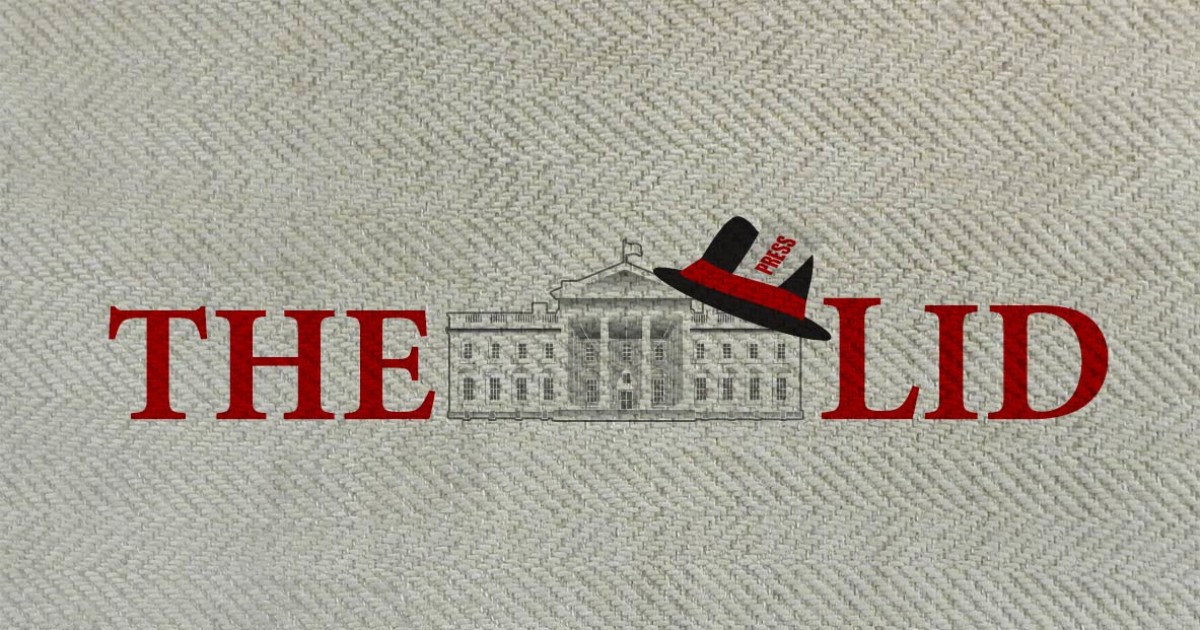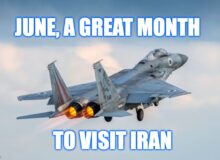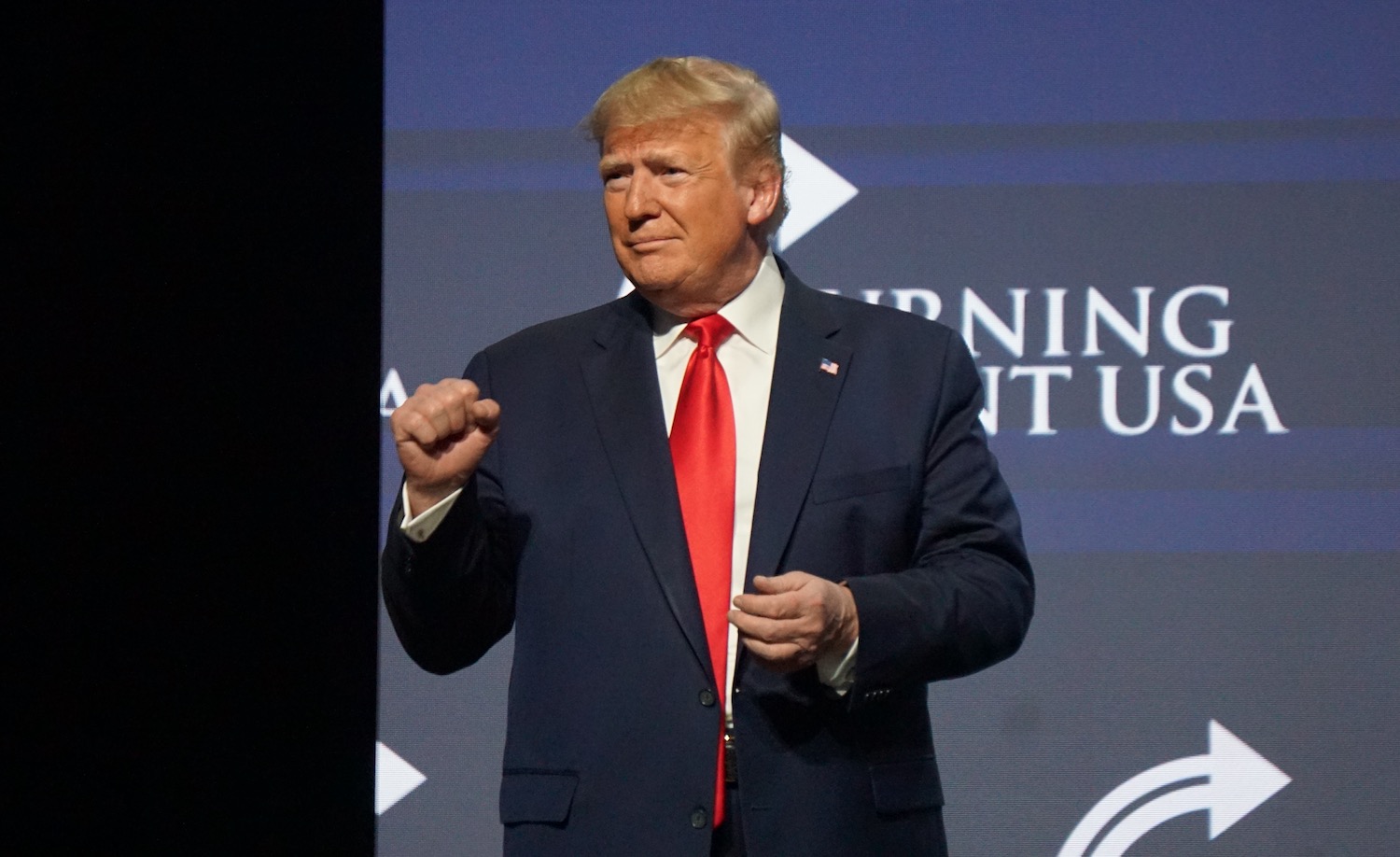In that NY Times piece that got him in big trouble, Ben Rhodes said he exploited the Ploughshares Fund to help him create the echo chamber constructed to sell the Iran deal: “We are going to discourse the [expletive] out of this… We had test drives to know who was going to be able to carry our message effectively, and how to use outside groups like Ploughshares, the Iran Project and whomever else”
The Associated Press just published a deep dive into Ploughshares’s most recent annual report, which details some of those 85 organizations and 200 individuals paid to help it push the Iran deal through.. The AP broke down the network funded by Ploughshares into three kinds of groups, Journalists and media outlets, Think tanks and nuclear-issues associations and Lobbies
The fund takes its name from the famous quote from the book of Isaiah “And He shall judge between the nations, And shall decide for many peoples; And they shall beat their swords into plowshares, And their spears into pruninghooks; Nation shall not lift up sword against nation, Neither shall they learn war any more.”
The Ploughshares Fund is a donation hub that has distributed millions of dollars in recent years to groups pushing the Iran deal. After Congress failed to defeat the deal, Ploughshares President Joseph Cirincione published a video and letter boasting about how the echo chamber – over 85 groups and 200 people – was created with Ploughshares money: “groups and individuals were decisive in the battle for public opinion and as independent validators… they lacked a common platform – a network to exchange information and coordinate efforts. Ploughshares Fund provided that network… we built a network of over 85 organizations and 200 individuals… We credit this model of philanthropy – facilitating collective action through high-impact grant-making – with creating the conditions necessary for supporters of the Iran agreement to beat the political odds”
The Journalists and media outlets section in the AP Report includes NRP and at least two unnamed writers who were funded to write at Mother Jones and The Nation, many of which were revealed in the Ploughshares”Cultural Strategy Report” (embedded below):
- The Ploughshares grant to NPR supported “national security reporting that emphasizes the themes of U.S. nuclear weapons policy and budgets, Iran’s nuclear program, international nuclear security topics and U.S. policy toward nuclear security,” according to Ploughshares’ 2015 annual report, recently published online.
- Ploughshares has funded NPR’s coverage of national security since 2005, the radio network said. Ploughshares reports show at least $700,000 in funding over that time. All grant descriptions since 2010 specifically mention Iran.”It’s a valued partnership, without any conditions from Ploughshares on our specific reporting, beyond the broad issues of national and nuclear security, nuclear policy, and nonproliferation,” NPR said in an emailed statement. “As with all support received, we have a rigorous editorial firewall process in place to ensure our coverage is independent and is not influenced by funders or special interests.”
I am not saying there was monkey business involved, but even hundred thousand big ones can sure buy enough water to put out a fire wall. Rep [score]Mike Pompeo [/score] told the AP that during the process of selling the P5+1 agreement, he constantly contacted NPR requesting to be interviewed to counter balance the regular appearances of a Democratic supporter of the agreement, Rep. [score]Adam Schiff[/score] of California. Pompeo says NPR refused to put him on the air, he said.
In a “Cultural Strategy Report” on its website, the group outlined a broader objective of “ensuring regular and accurate coverage of nuclear issues in reputable and strategic media outlets” such as The Guardian, Salon, the Huffington Post or Pro Publica.
Previous efforts failed to generate enough coverage, it noted. These included “funding of reporters at The Nation and Mother Jones and a partnership with The Center for Public Integrity to create a national security desk.” It suggested using “web videos, podcasts, photo-based stories” and other “attention-grabbing formats” for “creatively reframing the issue.”
The Center for Public Integrity’s CEO, Peter Bale, confirmed the grant.
“None of the funding received by Ploughshares was for coverage of the Iran deal,” said Bale, whose company received $70,000. “In general, we avoided that subject because the topic did not lend itself to the type of investigative reporting the Center does.”
Mr. Bale must be correct, maybe the $70K was for buying the Supreme leader some birthday cards. Come on! On The Center for Public Integrity’s Open Secret’s site, they would never believe the excuse (and I don’t either).
Caitlin Graf, a spokeswoman at The Nation, said her outlet had no partnership with Ploughshares. She referred queries to The Nation Institute, a nonprofit associated with the magazine that seeks to strengthen the independent press and advance social justice. Taya Kitman, the institute’s director, said Ploughshares’ one-year grant supported reporting on U.S.-Iran policy, but strict editorial control was maintained.
Mother Jones’ media department didn’t respond to several messages seeking comment.
The Nation Institute is just a fancy way for the magazine to make money way for without paying taxes and without having to admit people are paying for editorial. Set up as a 501(c)(3)
“The Nation Institute is dedicated to strengthening the independent press and advancing social justice and civil rights. Our dynamic range of programs includes a bestselling book publishing imprint, Nation Books; our award-winning Investigative Fund, which supports groundbreaking investigative journalism; the widely read and syndicated website Tom Dispatch; the Victor S. Navasky Internship Program at The Nation magazine; and Journalism Fellowships that fund over 20 high-profile reporters every year.”
Or to put it a different way, Ploughshares gave the institute money to hire big-name reporters to write, books, white papers and articles promoting the Iran deal, sometimes they appeared in the Nation, sometimes they appeared in other liberal sites. It’s a great deal for the media outlet because they get extra cash without having to admit to its readers they sold out their soul by taking outside cash to publish articles.
It’s nice to know that during a crucial conversation about the Iran deal, some liberal media abandoned their mission and ran the equivalent of paid advertising while fooling their audience into believing it was editorial.
Something tells me there will be more coming out about the Ploughshares payola.






